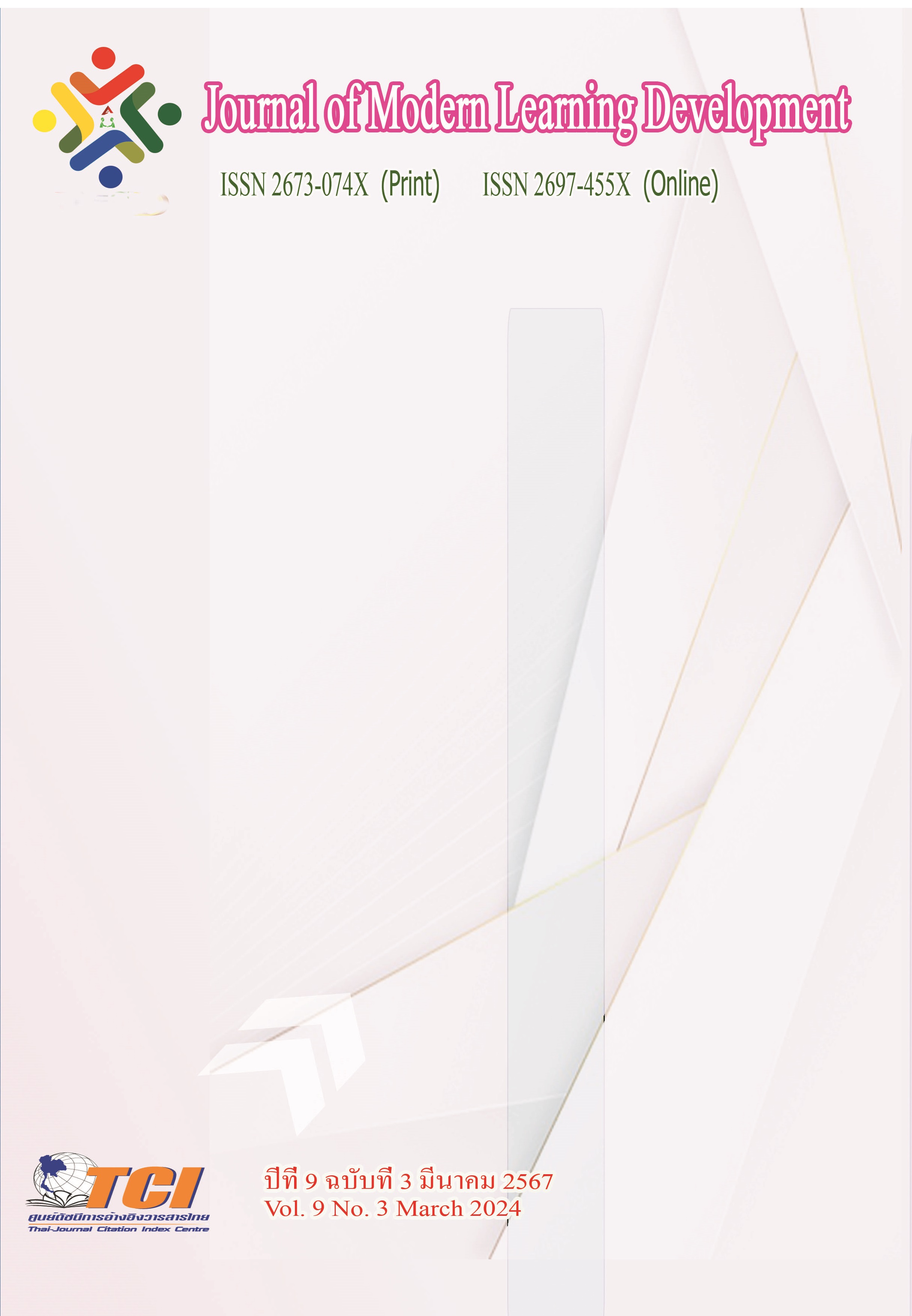The Development of Higher-Level Executive in Thai Justice
Main Article Content
Abstract
The objectives of this research were to study 1) the performance of higher-level executives in Thai justice at present; 2) analysis of human resource development by training course arrangement for the development of higher-level executives. The method of qualitative research was used. This research was multiple case study. The case studies were selected by purposive sampling. The method of key informant selection was purposive random sampling with a total of 44 key informants. Data were collected by in-depth interviews, non-participatory observation and document analysis, analysis and synthesis of content information as well as discussion of results. Information was presented in a descriptive form.
The research findings were as follows.
1) The competencies of the current high-level executives in Thai justice at present consisted of (1) competencies of the administrative principles needed for higher-level executives in Thai justice, namely transformational leadership, driving results towards goals and creating collaborative networks; (2) basic competencies of higher-level executives, i.e., building interpersonal relationships, honesty and integrity, specialized knowledge.
2) As to course arrangement for the development of higher-level executives in Thai justice. Training has been organized in accordance with the systematic training concept, consisting of (1) Input factors in analysis of the necessity for training. The focus was on analysis of organizational goals, roles and missions, including organizational policies. (2) Objective setting for the development of skills, knowledge, competencies and the creation of collaborative networks. (3) Training course arrangement uses training techniques and methods, classroom lecture model, group relationship activities, and study visits, including academic reporting and academic works of trainees. (4) Training monitoring and evaluation by evaluating the knowledge, benefits, and post-training performance evaluation.
Article Details
References
นภาพร สิงห์นวล และ อิสระ สุวรรณบล. (2561). การพัฒนาภาวะผู้นำของผู้ที่จะเข้าสู่ตำแหน่งข้าราชการ ประเภทบริหารระดับสูงของไทย เพื่อเพิ่มขีดความสามารถในการแข่งขันของประเทศ. วารสารบัณฑิตศึกษา มหาวิทยาลัยราชภัฏวไลยอลงกรณ์ ในพระบรมราชูปถัมภ์. 12 (1), 84-100.
ประดิษฐ์ แป้นทอง. (2558). ปัญหาและแนวทางในการพัฒนากระบวนการยุติธรรมของประเทศไทย.กรุงเทพมหานคร. วารสารกระบวนการยุติธรรม. 8 (16), 71–89.
วีระวัฒน์ ปันนิตามัย (2563). การประเมินเพื่อการพัฒนาความคิดเชิงกลยุทธ์ของผู้เข้าอบรมหลักสูตรนักบริหารระดับสูงในราชการพลเรือนของไทย. วารสารรัฐประศาสนศาสตร์. 18 (2), 101-103.
Aggarwal, R., Grantcharov, T. P., & Darzi, A. (2007). Framework for systematic training and assessment of technical skills. Journal of the American College of Surgeons. 204 (4), 697-705.
Anderson, M. (2017). Transformational leadership in education: A review of existing literature. International Social Science Review. 93 (1), 1-13.
Ogilvie, J. R. (2007). Effective training: Systems, strategies and practices. Personnel Psychology. 60 (4), 1077.


